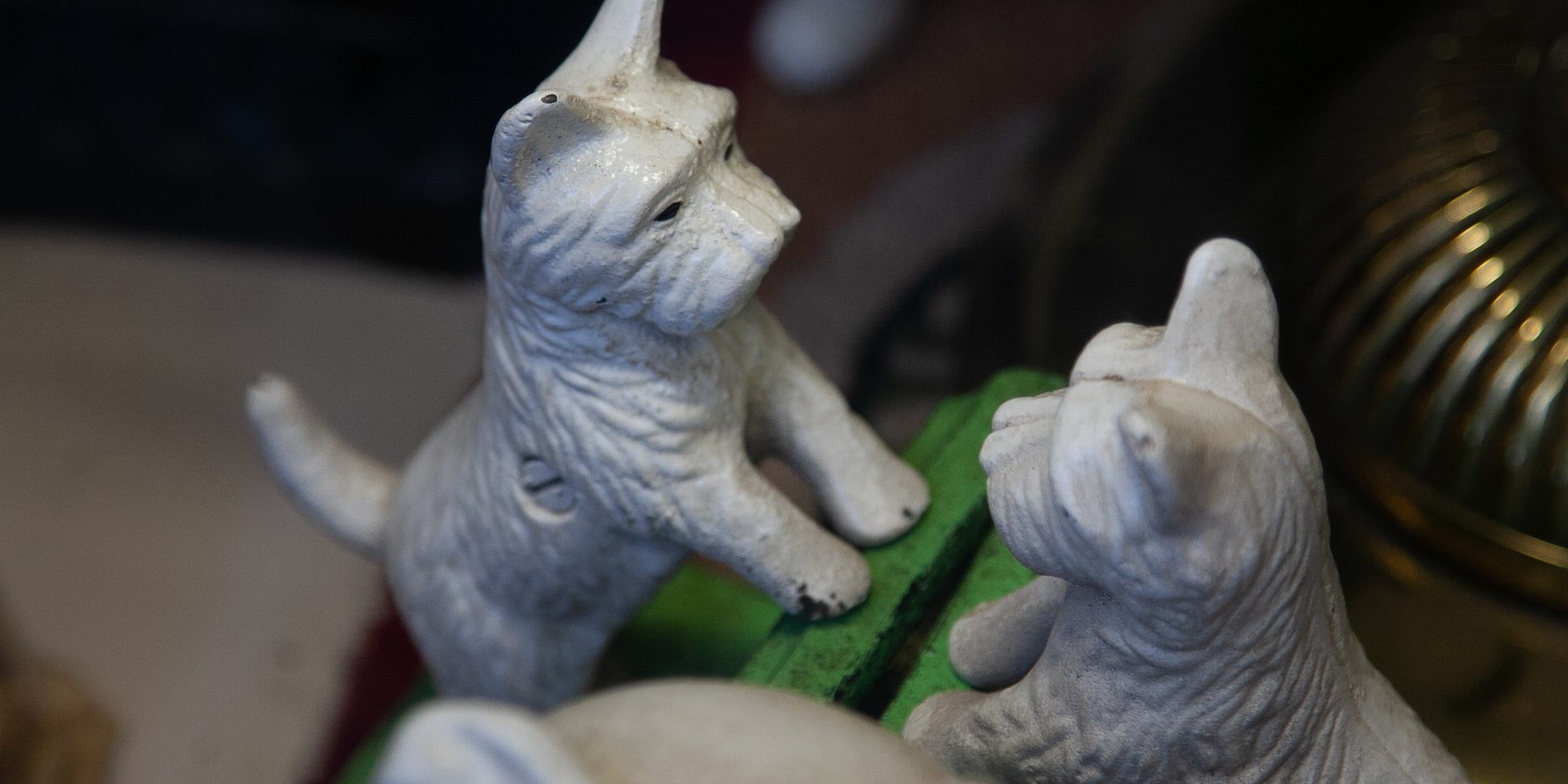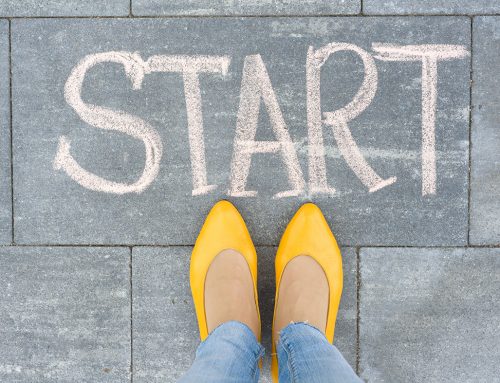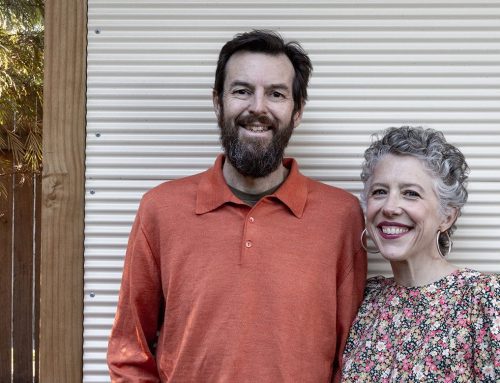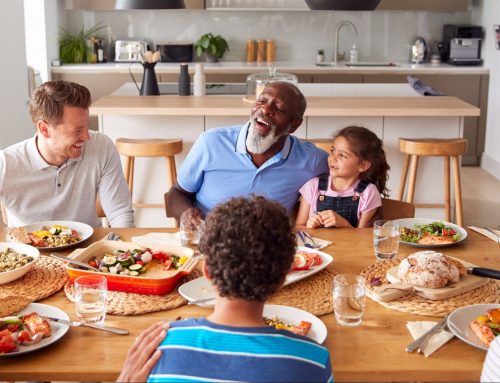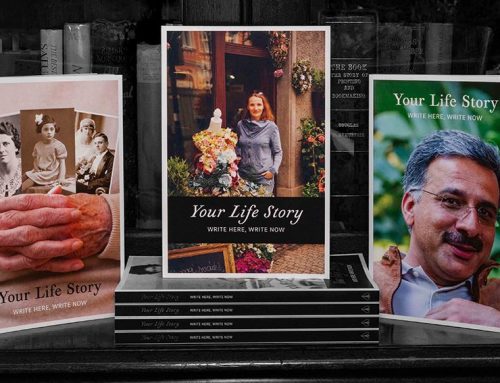When you are writing your life story in Biografica, we suggest that you talk about writing your story at any opportunity. Tell your family or friends what you are embarking on. Engage them.
It may be a wonderful way to connect with old friends. Discussions about old times will most likely help you recall stories. They might also engage others in your project. And who knows, those conversations might also raise other stories that you wish to include. You could even ask them what they'd like to hear about and add those requests to your writing.
There are also interesting sidelines to telling and writing your life story. Robert Duke is a professor of clinical psychology specialising in the benefits of family history. He found that "family stories [are] typically passed during family dinners, family vacations, family holidays, and the like". You might not have this luxury immediately, but you could use the opportunities you have such as phone calls or zooms to discuss your stories. Then when it comes to writing memories down for your family, you will have had some practice telling them.
Once you begin to talk about writing your story and rekindle old memories, you then have the opportunity to engage with your children or grandchildren. Tell them firsthand about your experiences or pass on stories that were handed down to you from your parents or grandparents.
Regular family storytelling around the campfire is how humans have told stories and passed on history for millennia. Paediatric mental health research also shows that telling stories has tangible benefits today. It says that children learn to understand who they are through their personal experiences but also through the family stories that provide a sense of identity through time.
If ever there was a time to embrace quiet moments for storytelling, now is it. So don't be shy. Talk about writing your story to all and sunder.

